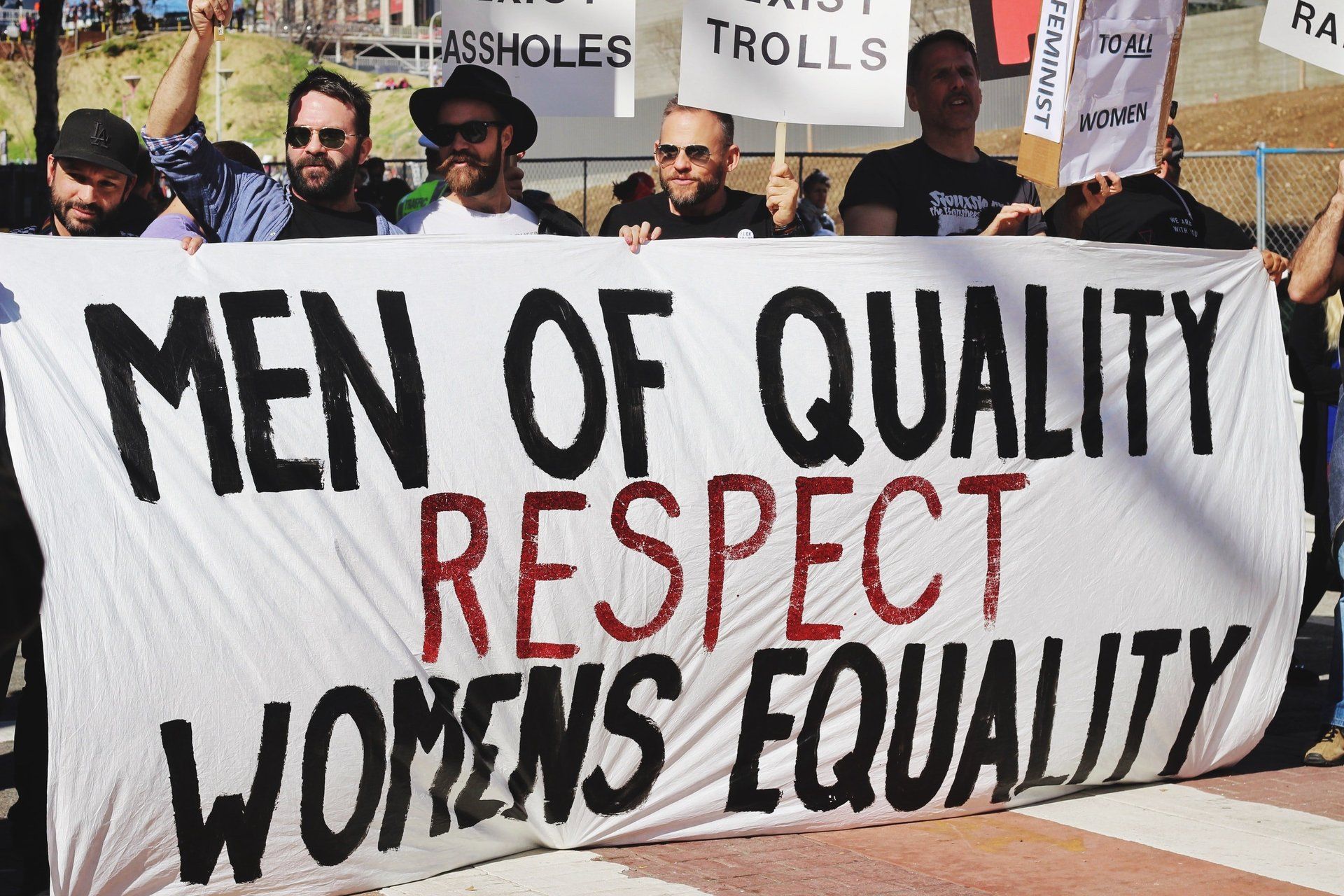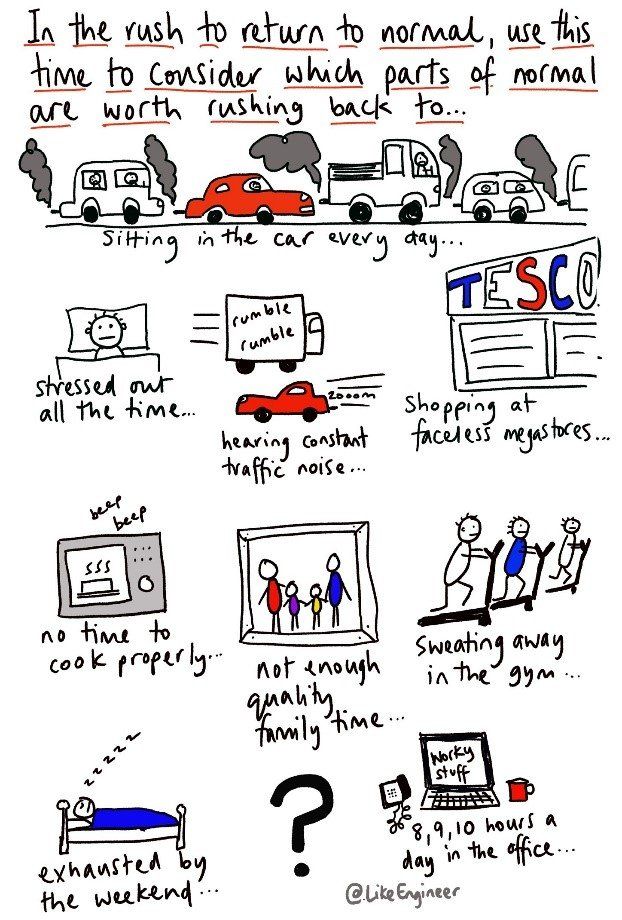kindness matters
Alex Killick • 19 June 2020

This week sherpa has joined the #BeTheRipple2020
movement.
We have long been supporters of Good Work and Fair Work, and the intention to make work better, more meaningful and workplaces more diverse and truly inclusive.
We still have such a long way to go. #BlackLivesMatters shows the inequalities that persist and the impact of lockdown is felt most keenly by those furthest from the decision making. It is fair to say that in all areas attempts to ‘level up’ are at best moving at a glacial pace.
Change can happen where there is a will, and sometimes when the right chord is struck at the right time. The simple, polite, kind and determined resolve of a talented young footballer has prevented the political elite from scoring a huge own goal.
What if we built kindness into our policy thinking rather than be embarrassed into making change? This is as much for policy makers at government level as it is for employers. The #BeTheRipple movement is bringing together hearts as well as minds to help us all focus on making our worlds kinder. Better.
If you want to find out more please visit https://www.betheripple.co.uk/

Today is International Women's Day. I explained to my daughter on the way to school that today is a day to celebrate women; An opportunity to remember the struggles of women who have come before us and to recognise the ongoing work to make sure that she can achieve whatever she wants in life. Now my little one is only seven years old, so I probably shouldn't have been too surprised when she said that my monologue on the way to school was a 'bit much'. However, she proceeded to tell me that lots of people seem to forget that 'girls are people too'. She went on to tell me about Trudy Ederle and Mary Anning and how silly people thought that Trudy could not swim the English Channel and that Mary could not possibly know exciting things about fossils simply because they were women. She concluded by saying there were a lot of silly people a long time ago but if she knows that women are equal people and she is only seven, then surely everyone else knows that women are equal people too? Unfortunately outdated stereotypes and working practices prevail. These prevent people achieving their full potential, and it seems in some places women are not always 'equal people'. To borrow from my daughter; In 2018 this seems rather 'silly'. #IWD2018 heralds a new start for SHERPA. We are focussing on activities that will support individuals and organisations grow in confidence. By doing so, we aim to help individuals and organisations challenge 'silly' people and practices out there, the ones that limit the performance of talented people in the workplace.

There has been an absolute outpouring of outrage following the revelations from the now infamous Presidents Club dinner. One response that caught my attention is a blog post by Susan Chambers, an HR Director in the FE sector . She refers to her assumption that based on her own experience such practices in the workplace were a thing of the past, however the #metoo movement , the necessity for the Angela scheme and of course the furore surrounding the Presidents Club lead her to question if there is a better way to call out unwanted behaviour. She suggests that ‘no’ isn’t working and a red card initiative may be more effective. Now, I understand her sentiment, however, in a way it suggests that responsibility for change lies primarily with the individual on the receiving end of unwanted and inappropriate behaviour; is it really up to women to educate those who exhibit bad behaviours and abuse positions of power, in the moment of the abuse? Blogs like Susan's, the Time's Up campaign and #metoo provide helpful (and necessary) platforms for challenging conversations. Such conversations will hopefully give confidence and courage to anyone subjected to unwanted attention so that they can say 'no' in the moment. However, I think it is naïve to assume those who abuse power will change their behaviours at the sight of a red card. Harvey Weinstein didn’t behave the way he did because he thought it was acceptable, he acted the way he did because he knew he could ; the evidence suggests that he was routinely called out by women, their partners and their agents, he knew he was doing wrong, he just thought he was untouchable. Regarding the Presidents Club and the message in Susan’s blog, I would argue that we should not be placing the emphasis on the hostesses to challenge the behaviour of well-heeled drunken louts. We should be turning our attention to the employment practices of the agency supply the staff and the trustees responsible for the organising and commissioning of the event. Just as employers should ensure that their procurement practices ensure staff providing services on their behalf receive fair compensation, they should also ensure that all staff, regardless of contract type, are provided with a safe working environment, and this must extend to protection against harassment in the workplace, from colleagues or customers. As such, the spotlight at this time must be on the Presidents Club trustees and the agency who supplied staff time and time again for this event. However more generally, Susan is right to be angry at the situation we find ourselves in. We need workplace cultures (and a society) where individuals know that inappropriate behaviour is not accepted and that there will be complete support available to a complainer should a situation arise that necessitates ‘an ask for Angela’ moment or the showing of a red card. The easy thing is to put up the posters or to print the red cards. The difficult thing is to create the conditions that not only allow complaints to be heard but also allows complaints to be dealt with transparently. I would argue that to do so goes way beyond new ways to convey old messages, the development of perfectly formed policies or sheep dip training. Leadership teams and colleagues in human resources need to reflect on how often bad behaviour (sexual harassment or harassment in any other form) is in fact tolerated or quietly managed out rather than publicly booted out of the organisation. If leadership teams are not brave enough to call out the bad behaviour, name it and show that it is toxic, why on earth would anyone on the receiving end of the behaviour believe that their back is covered if they show the red card? So, red cards? Ok, give it a go, but they must be used visibly by those at the top; otherwise, those with the inclination to abuse power will continue to believe that they are untouchable.





